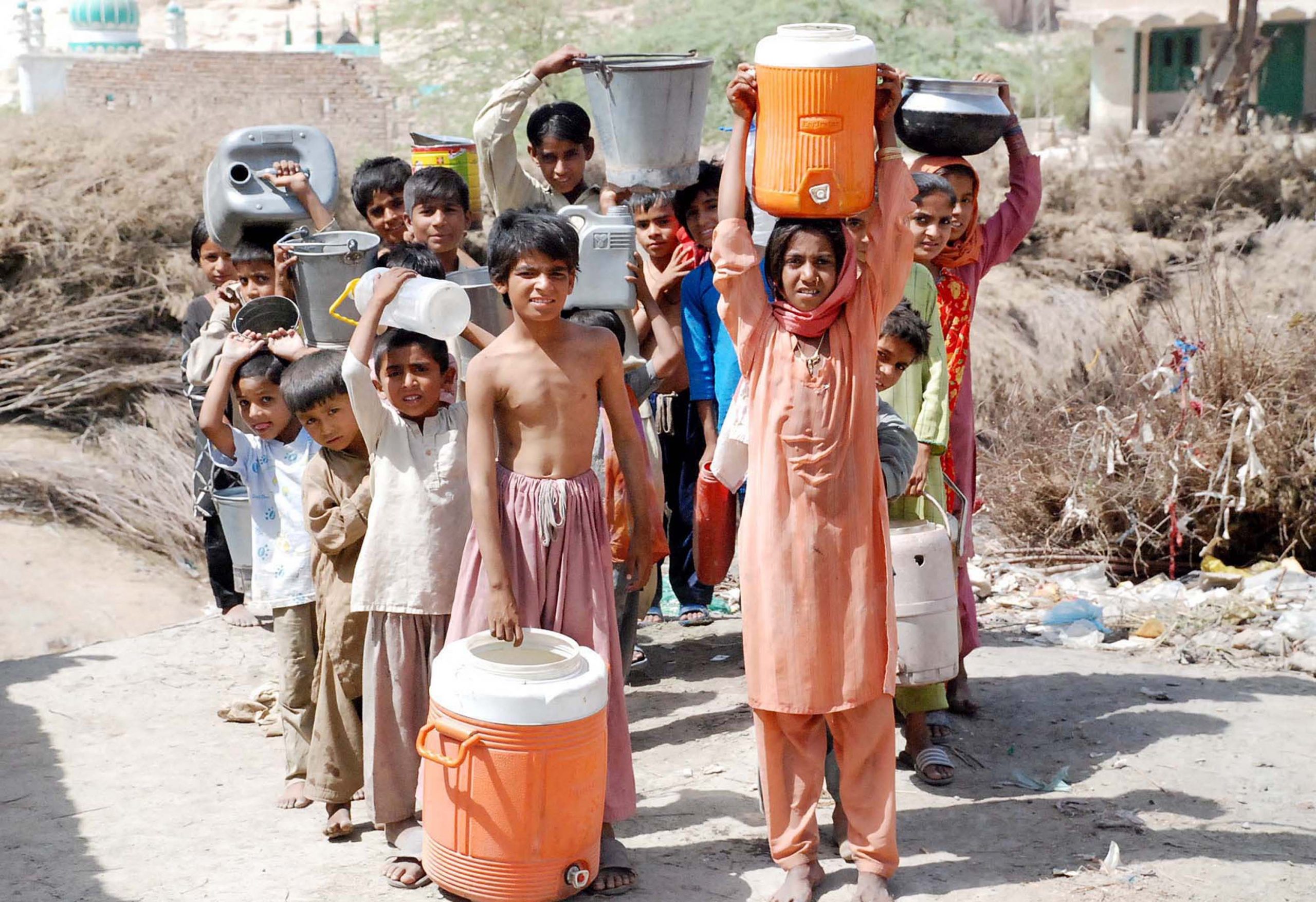[dropcap font="" size="50px" background="" color="" circle="0" transparent="0"]O[/dropcap]n
May 10, South Korean President Yoon Suk-yeol was sworn into office in a grand ceremony in the front lawn outside of the National Assembly on Yeouido in Seoul. On the same day, at the nearby
Yeouido Station, protesters with disabilities in wheelchairs were occupying the subway station during the morning rush hour.
Some activists got out of their wheelchairs and crawled inside the trains. They are members of Solidarity Against Disability Discrimination (SADD), the country’s largest disability-rights group.
SADD’s dramatic subway
protests began in early December on the International Day of Persons with Disabilities (PWD). During the protests, activists prevented the trains from leaving by jamming the doors open with their wheelchairs.
According to
The Korea Times, SADD has been demanding that the central government revise the existing laws or introduce new laws to safeguard disabled rights, improve accessibility for public transportation, and provide special education programs for disabled people.
More than 2.6 million people, or 5 percent, of South Korea’s population, are registered as having a disability, reports the
South China Morning Post. Because not all disabled have registered, the real number may be higher.
The South Korean constitution guarantees that “all citizens shall be equal before the law.” But discrimination against people with disabilities is “effectively legal,” according to
The Nation.
“The right to mobility is an especially crucial right. It’s inextricably connected to one’s right to education, health care, and labor,” said Park Kyeong-seok, a codirector of SADD, in a report in
The Nation.
PWD have been denied access to health care because they could not easily get from point A to B. About 90 percent of Seoul’s subway stations have lifts accessible to the disabled, reports the
SCMP. However, only city and rural buses are required to become wheelchair-accessible, while intercity buses and taxis are not.
As a result, according to a 2020 survey by the Korea Institute for Health and Social Affairs, 32 percent of disabled Koreans were unable to get to a hospital or clinic when they needed to — and 30 percent of this group cited transportation as the reason why.
SADD is fighting a decades-long battle for the rights of PWD. The group was formed in 2001, shortly after an elderly couple, both in wheelchairs, were seriously injured after a vertical wheelchair lift at Oido subway station, in a southwestern suburb outside of Seoul, broke apart and threw them 23 feet to the ground. The woman died shortly after the incident. Her husband survived but was severely injured.



























































